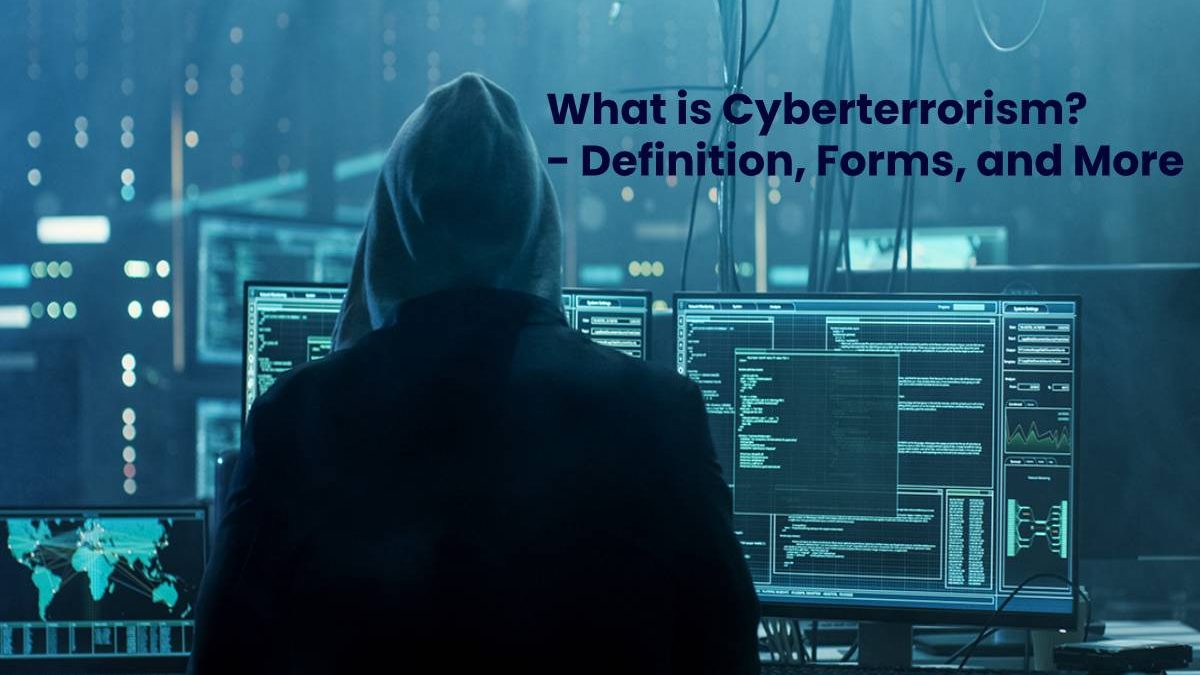Cyberterrorism Definition
Cyberterrorism is a unique form of terrorism that uses internet technologies to attack computer systems.
There are very controversial opinions about cyberterrorism from the permanent threat, where horror scenarios with thousands of deaths incorrectly controlled lock gates.
And also, the Changed composition of medicines or even nuclear catastrophes are feared by outwitting the security systems.
They manipulate the existing programs, from the occasional warner to those who speak of mere ” scaremongering ” and consider it to be unreal.
Also Read: What is a Nexpose? – Definition, Features and More
What are the Threats from Cyberterrorism?
The Internet becomes a powerful digital weapon in the hands of cyberterrorism.
- Like many countries around the world, the United States is aware of the danger of virtual attacks.
- Because cyberterrorists can access any information from government systems, terrorism over the Internet considered as a threat to the integrity of the state.
- Steven Chabinsky, the FBI director responsible for investigating cybercrime, considers that cyberterrorism affects the very existence of the country.
- He says that other governments and their hackers may interest in weakening the United States and that cyberterrorism is increasingly involved in organized crime.
- It states that investigating cyberterrorism is the FBI’s priority.
What are the forms of Cyberterrorism attacks?
The options for action by cyberterrorists are just as broad as the systems to manipulate themselves.
In addition to attacks against commercial companies or stock exchanges, attacks on isolated servers and websites are also possible.
The following parameters also favor criminal misuse of various IT systems for Cyberterrorists:
- Localization/identification of the perpetrators through the global network structure is almost impossible
- Short development periods of the IT systems promote security gaps and susceptibility to faults
- permanent availability and easy accessibility of computer systems
- And also, essential areas of life depend fundamentally on computer-based systems
- uncertain legal bases for sanctioning cyber crimes as well as partially unclear jurisdictional regulations for the protection of infrastructures
Also Read: What is PKCS? – Definition, Specifications, and More

